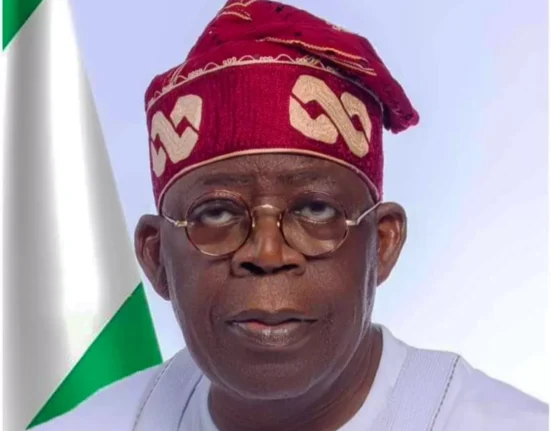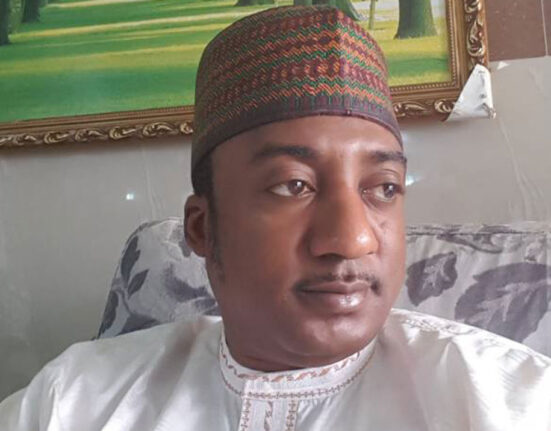The Independent National Electoral Commission (INEC) of Nigeria has been at the forefront of electoral reform, innovation, and controversy. Established in 1998, it has played a crucial role in shaping the country’s democratic processes. Over the years, INEC has faced numerous challenges but has also made significant strides in promoting free and fair elections.
One of the key mandates of INEC is to organize elections across Nigeria. This task involves meticulous planning, coordination, and implementation to ensure that every eligible citizen can exercise their right to vote. Despite its efforts, the commission has often come under scrutiny for various reasons.
Critics have accused INEC of inefficiency, bias, and electoral malpractice. These allegations have sometimes cast a shadow over the credibility of election outcomes. However, amidst these challenges, there have been notable achievements that cannot be overlooked.
Professor Adekunle Olumide is a political analyst who has closely followed the evolution of Nigeria’s electoral system. According to him,
“INEC represents a mixed bag of successes and failures. While there have been instances of irregularities, it is important to recognize the reforms initiated by the commission.”
Under the leadership of Professor Mahmood Yakubu, who was appointed as Chairman in 2015 and reappointed for a second term in 2021, INEC embarked on a series of reforms aimed at enhancing transparency and efficiency in the electoral process. These reforms included improvements in voter registration mechanisms, technology integration for result collation, and measures to combat voter fraud.
Yakubu emphasized the importance of leveraging technology to streamline electoral processes. He stated that
“technology plays a crucial role in ensuring credible elections. By embracing innovation, we can address many challenges inherent in traditional voting methods.”
Despite these efforts, controversies continue to surround some election results announced by INEC. Allegations of rigging and manipulation have led to calls for greater accountability within the commission. The need for continuous improvement remains paramount as Nigeria strives to strengthen its democracy.
In conclusion, while facing its share of criticisms and controversies over the years, INEC stands as a pivotal institution driving electoral reform in Nigeria. The journey towards free and fair elections is ongoing, requiring concerted efforts from all stakeholders to uphold democratic principles.









Leave feedback about this